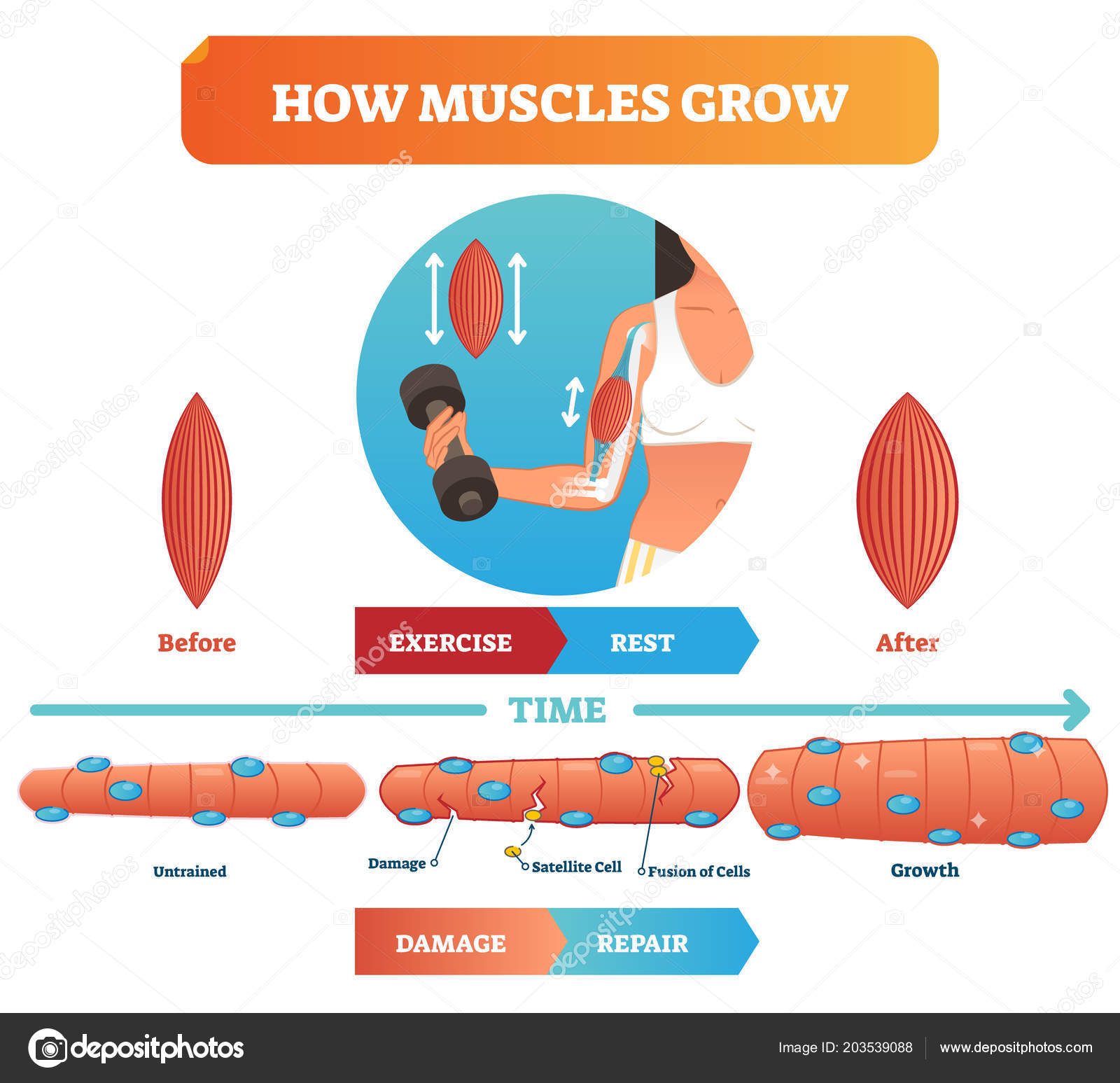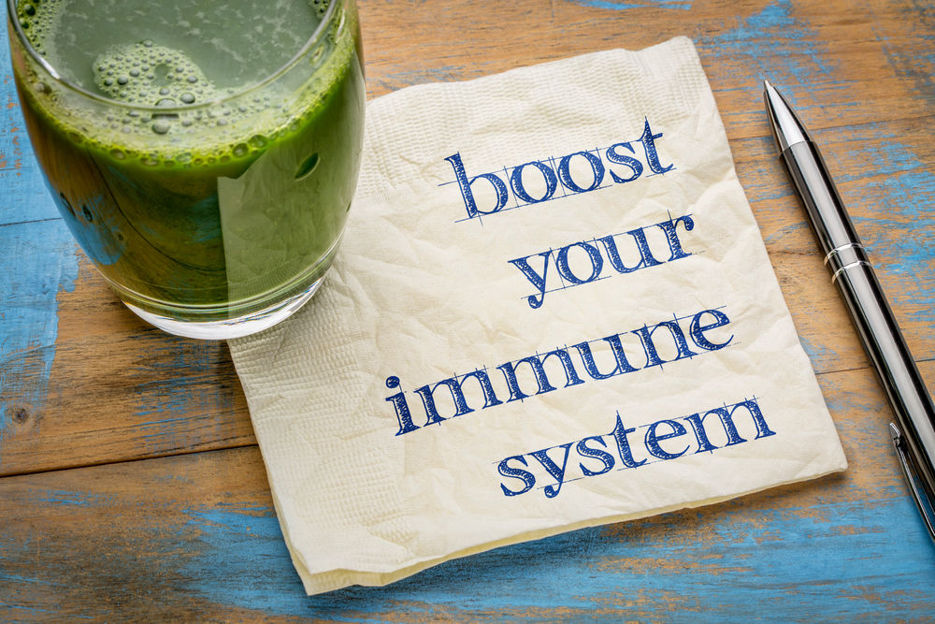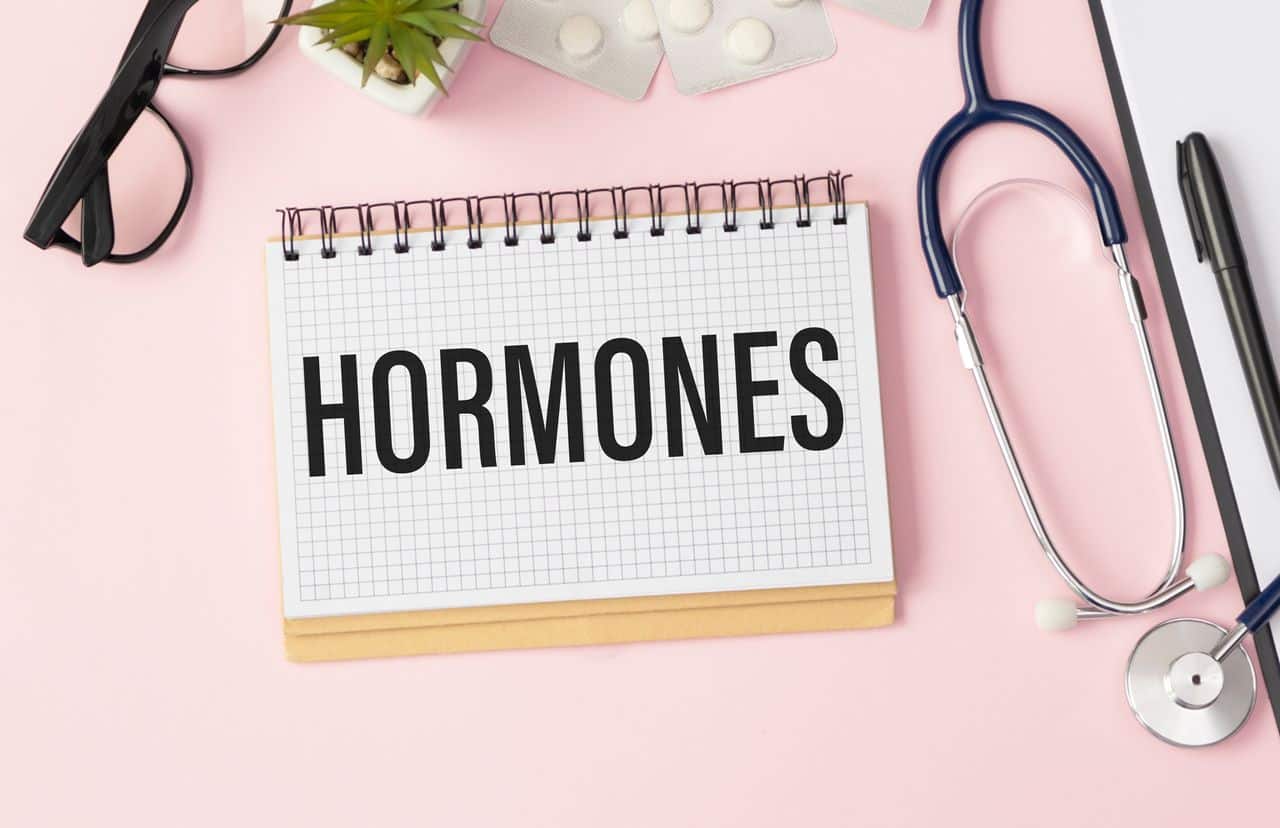
Is Whey Protein Good for Women or Not? Here you will know about Whey protein, a byproduct of the cheese-making process, has become a cornerstone of the fitness and health industry. Commonly associated with muscle-building in men, whey protein also offers a plethora of benefits for women. This comprehensive article delves into the benefits of whey protein for females, its effects on women’s health, and potential side effects to help you decide if whey protein is right for you.
Understanding Whey Protein
Whey protein is derived from milk and is rich in essential amino acids that the body cannot produce on its own. It is available in several forms, each processed differently to suit various dietary needs and preferences.
Types of Whey Protein

- Whey Protein Concentrate (WPC): This form contains low levels of fat and carbohydrates, with protein content ranging between 30-90%. It’s less processed, which means it retains more of the beneficial nutrients found in whey.
- Whey Protein Isolate (WPI): This type undergoes further processing to remove much of the fat and lactose, resulting in a higher protein content of about 90% or more. It’s suitable for those who are lactose intolerant or looking for a lean protein source.
- Whey Protein Hydrolysate (WPH): This form is pre-digested, making it easier and faster for the body to absorb. It’s often used in medical protein supplements and infant formulas due to its high digestibility.
Is Whey Protein Good for Women or Not?
Explore Is Whey Protein Good for Women or Not? the numerous benefits of whey protein for women, such as muscle growth, weight management, and improved bone health. Understand its effects on physical performance and mental well-being. Learn about potential side effects and how to choose the right whey protein supplement. Make an informed decision for your health and fitness journey.
Benefits of Whey Protein for Females
1. Muscle Growth and Repair

- Supports Muscle Repair: Whey protein is rich in branched-chain amino acids (BCAAs) like leucine, isoleucine, and valine, which are essential for muscle repair and growth. These amino acids help in repairing muscle tissues broken down during exercise, thus aiding in faster recovery.
- Enhances Muscle Mass: Regular intake of whey protein, combined with resistance training, can help women build and maintain lean muscle mass. Increased muscle mass not only improves physical appearance but also boosts metabolism, leading to better weight management.
2. Weight Management

- Promotes Satiety: Whey protein helps reduce hunger by increasing the levels of appetite-reducing hormones such as GLP-1 and PYY, while also lowering the levels of the hunger hormone ghrelin. This makes it easier to stick to a calorie-controlled diet.
- Boosts Metabolism: The thermic effect of protein is higher than that of fats or carbohydrates, meaning your body burns more calories digesting and metabolizing protein. This can contribute to a higher overall calorie burn throughout the day.
- Reduces Cravings: By stabilizing blood sugar levels, whey protein can help reduce cravings for unhealthy snacks. This is particularly beneficial for women trying to maintain a balanced diet and avoid overeating.
3. Bone Health
- Enhances Calcium Absorption: Whey protein contains bioactive peptides that can enhance calcium absorption. Adequate calcium is essential for maintaining strong bones, which is particularly important for women as they age.
- Prevents Osteoporosis: Adequate protein intake is essential in preventing bone loss and promoting bone density. Whey protein can help mitigate the risk of osteoporosis, a condition characterized by weak and brittle bones, which is more common in women.
4. Immune Support

- Rich in Immunoglobulins: Whey protein contains immunoglobulins, which are antibodies that can strengthen the immune system. This is crucial for protecting the body against infections and illnesses.
- Antioxidant Properties: Whey protein boosts the body’s antioxidant defenses by increasing the production of glutathione, a potent antioxidant. This helps protect cells from oxidative stress and reduces the risk of chronic diseases.
5. Hormonal Balance

- Supports Hormonal Health: Adequate protein intake is essential for the production and regulation of hormones. Whey protein can help in managing symptoms of PMS and menopause by supporting hormonal balance and reducing associated discomforts.
Whey Protein Effects on Women
Improved Physical Performance
- Enhanced Endurance: Consuming whey protein before and after workouts can improve endurance and overall performance. It provides the necessary amino acids to fuel muscles during exercise and aids in quicker recovery post-exercise.
- Faster Recovery: Whey protein helps in faster recovery post-exercise by reducing muscle soreness and fatigue. This allows women to train more effectively and consistently.
Skin Health
- Anti-Aging Benefits: The amino acids in whey protein support collagen production, which is essential for maintaining skin elasticity and reducing the appearance of wrinkles and fine lines.
- Acne Reduction: Some studies suggest that whey protein can help in reducing acne by regulating blood sugar levels and hormones. However, this effect can vary among individuals.
Mental Health
- Mood Enhancement: The amino acid tryptophan found in whey protein can increase serotonin levels, improving mood and reducing stress. This can be particularly beneficial for women dealing with hormonal fluctuations that affect mood.
- Cognitive Function: Regular intake of whey protein can support brain health and improve cognitive functions such as memory and focus. This is due to the presence of amino acids that serve as building blocks for neurotransmitters.
Potential Side Effects of Whey Protein for Females
While whey protein offers numerous benefits, it is essential to be aware of potential side effects, especially when consumed in excess.
Digestive Issues
- Lactose Intolerance: Women who are lactose intolerant may experience bloating, gas, and diarrhea when consuming whey protein concentrate due to its lactose content. Opting for whey protein isolate or hydrolysate, which have lower lactose levels, can mitigate these issues.
- Gastrointestinal Discomfort: Overconsumption of whey protein can lead to nausea, stomach cramps, and other digestive issues. It’s important to follow the recommended serving sizes and gradually increase intake.
Kidney and Liver Health
- Increased Strain: High protein intake can put additional strain on the kidneys and liver, particularly in individuals with pre-existing conditions. It’s crucial to consult a healthcare professional before significantly increasing protein intake.
- Dehydration: Excessive protein consumption can lead to dehydration, as the body needs more water to metabolize protein. Ensuring adequate water intake is essential when consuming whey protein supplements.
Hormonal Imbalances
- Impact on Hormones: Overuse of whey protein supplements can potentially affect hormone levels, leading to irregular menstrual cycles or other hormonal imbalances. Moderation and balance are key to preventing such issues.
Allergic Reactions
- Allergic Responses: Some women may be allergic to whey protein, resulting in symptoms such as rash, itching, or swelling. It’s important to discontinue use and seek medical advice if any allergic reactions occur.
How to Choose the Right Whey Protein for Women
When selecting a whey protein supplement, consider the following factors to ensure you choose the best option for your needs.
1. Type of Whey Protein
- Whey Protein Concentrate: Suitable for those who want a balanced protein supplement with additional nutrients.
- Whey Protein Isolate: Ideal for women who are lactose intolerant or seeking a leaner protein source.
- Whey Protein Hydrolysate: Best for those who need a highly digestible protein, such as individuals with digestive issues or athletes requiring quick recovery.
2. Ingredient Quality
- Check the Label: Look for whey protein supplements with minimal ingredients and no added sugars or artificial additives. High-quality whey protein should primarily contain whey protein, natural flavors, and sweeteners.
- Source of Whey: Opt for whey protein sourced from grass-fed cows, as it tends to be higher in nutrients and free from antibiotics and hormones.
3. Brand Reputation
- Research Brands: Choose reputable brands known for their quality and transparency. Reading customer reviews and checking for third-party testing can help ensure you select a trustworthy product.
4. Personal Goals
- Weight Management: If weight management is your goal, consider whey protein supplements designed to promote satiety and support metabolism.
- Muscle Building: For muscle growth and repair, choose whey protein with a higher protein content and added BCAAs.
How to Incorporate Whey Protein into Your Diet
Incorporating whey protein into your diet can be simple and convenient. Here are some tips on how to add it to your daily routine.
1. Protein Shakes
- Post-Workout Shakes: Consuming a whey protein shake within 30 minutes post-workout can maximize muscle recovery and growth.
- Meal Replacement Shakes: Use whey protein shakes as a quick meal replacement when you’re short on time. Combine with fruits, vegetables, and healthy fats for a balanced meal.
2. Smoothies
- Nutrient-Packed Smoothies: Add whey protein to your favorite smoothie recipes for an added protein boost. Combine with ingredients like spinach, berries, and almond milk for a delicious and nutritious drink.
3. Baking and Cooking
- Protein-Enhanced Recipes: Incorporate whey protein into baked goods like pancakes, muffins, and protein bars. This is a great way to enjoy your favorite treats while increasing your protein intake.
4. Snacks
- Protein-Rich Snacks: Use whey protein to make protein balls, yogurt parfaits, or protein oatmeal. These snacks are perfect for curbing hunger between meals.
Conclusion
In conclusion, whey protein can be highly beneficial for women, offering support for muscle growth, weight management, bone health, immune function, hormonal balance, and overall physical and mental well-being. However, it is crucial to consume it in moderation and choose the right type of whey protein based on individual health needs and dietary
USEFULL LINKS:
- How to Gain Weight Easily and Fast
- Exercise to Reduce Weight at Home: Your Ultimate Guide
- How to Get 6 Pack Abs
여행지
This is one of the most informative posts I’ve read on this topic. Your clear explanations and real-life examples are incredibly helpful.
This is a very helpful post.
Thank you for this well-researched and thorough article. The insights you’ve shared are incredibly valuable, and I’ll be referring back to this post often.
I appreciate how you broke down this complex topic into manageable pieces. Your clear explanations and real-life examples made it so much easier to understand.